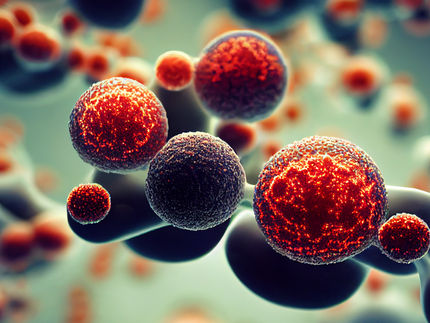Promethera Biosciences treats first patients with Promethera HepaStem
Phase I/II study designed to evaluate the ability of liver progenitor cells to restore a missing enzyme function in liver-based metabolic diseases
Advertisement
Promethera Biosciences, a Belgian biotechnology company developing Promethera (R) HepaStem, a cell-based therapy for the treatment of liver-based metabolic diseases including Crigler-Najjar Syndrome and Urea Cycle Disorders, announced it has treated its first two patients with its treatment based on allogeneic adult liver stem cell technology (HepaStem). These patients were treated and are followed at the Cliniques Universitaires Saint-Luc (Brussels, Belgium).
The trial, a prospective, open label multicenter phase I/II study testing Promethera (R) HepaStem is designed to evaluate the safety and the preliminary efficacy of Promethera (R) HepaStem in Urea Cycle Disorders and Crigler-Najjar Syndrome patients.
“HepaStem is an innovation in the field of liver-based metabolic diseases,” said Dr. Beatrice De Vos, chief medical officer of Promethera Biosciences. “This clinical trial will be the very first to apply allogeneic liver progenitor cells. This treatment with progenitor cells will contribute to restore a deficient enzyme function in Urea Cycle Diseases or in a Crigler-Najjar syndrome.”
The major innovation of Promethera (R) HepaStem resides in the simplicity of the treatment. This consists of a simple injection into the vein leading to the liver, which may make it possible to avoid radical and invasive surgery such as a liver transplant. Promethera (R) HepaStem could be used to treat a wide variety of liver pathologies. Thanks to the industrial development, if this therapy proves to be safe and effective, as many as a hundred patients could be treated from a single liver, thus largely overcoming the organ shortage problem.


















































